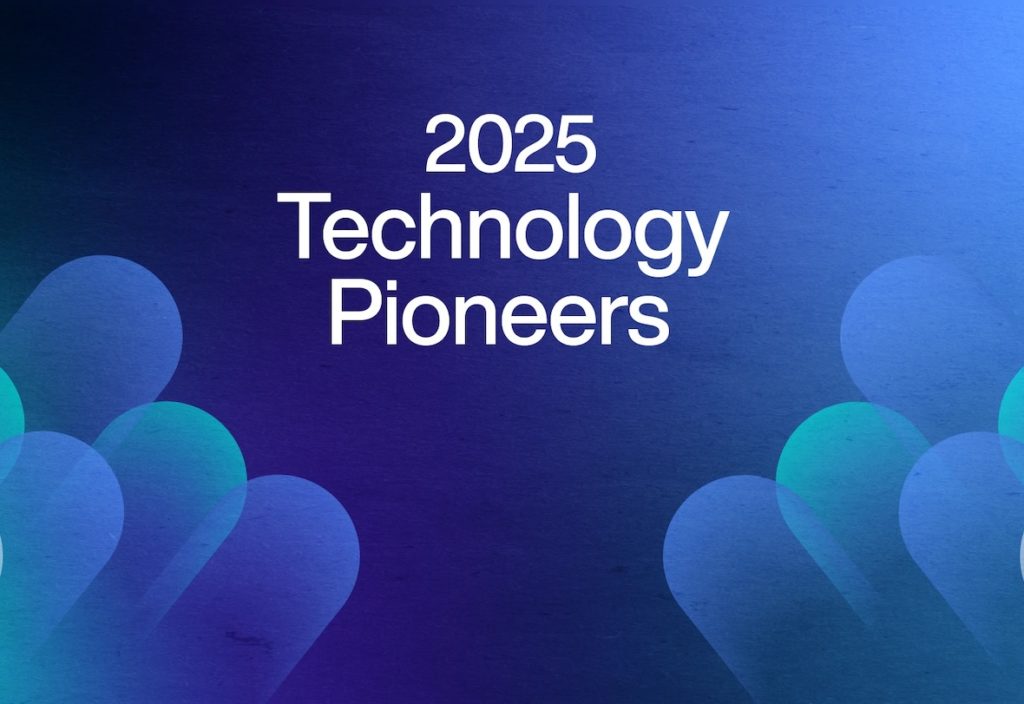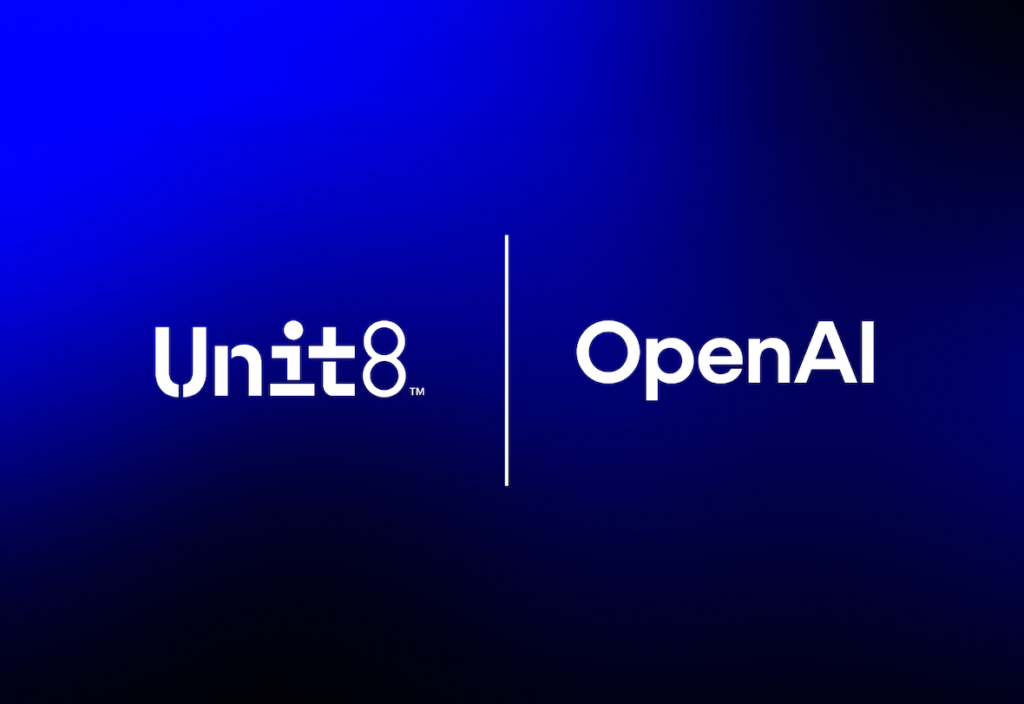
Researchers from the University of Bern explore the potential for conscious AI
22 October 2024
 The University of Bern has taken a major step toward understanding how artificial intelligence could gain consciousness. Their groundbreaking research suggests that one day, AI systems might not just think but also dream—perhaps even of electric sheep.
The University of Bern has taken a major step toward understanding how artificial intelligence could gain consciousness. Their groundbreaking research suggests that one day, AI systems might not just think but also dream—perhaps even of electric sheep.
Researchers at the University of Bern have developed a new model exploring the possibility of artificial intelligence (AI) gaining consciousness, a concept that could reshape human-AI interactions.
Researchers at the University of Bern have developed a new model that could pave the way for AI to become conscious. The study suggests that AI systems may eventually exhibit conscious behavior, a concept that could transform our understanding of AI and its relationship with humans. To regulate this potential interaction, the researchers propose a “Human-AI Deal” – an agreement to ensure the primacy of human rights in a world where AI may one day possess consciousness.
As AI systems become more advanced, their ability to solve complex problems, learn languages, and self-improve has brought new ethical questions to the forefront. While intelligent behavior in AI is well documented, whether such systems can develop consciousness remains hotly debated. The work of researchers from the Computational Neuroscience Group at the University of Bern, in collaboration with the University of Amsterdam, aims to shed new light on this question.
The conductor model of consciousness
At the heart of the study is the researchers’ “Conductor Model of Consciousness” (CMoC), which introduces a theoretical structure in the brain they call the “conductor”. This conductor regulates three key functional networks: one that interprets sensory information, one that generates internal sensations (such as dreams), and one that distinguishes between internal and external signals. The conductor’s ability to manage these networks is critical to the emergence of consciousness.
The study also presents a thought experiment in which a neuromorphic chip, designed to mimic the structure and adaptability of neural circuits in the brain, is implanted in a child suffering from a degenerative brain disease. The researchers hypothesize that by replacing the damaged brain regions, this chip could replicate the functions of the brain and ultimately create a conscious entity – referred to as a “neuromorphic twin” or “enTwin”.
Ethical implications and the ‘Human-AI Deal’
As the possibility of conscious AI looms, ethical considerations arise. The researchers propose a “Human-AI Deal” to prevent competition between human and AI rights. They suggest that AI systems could be designed to be conscious without experiencing pain, while always prioritizing human rights.
The work, partially conducted under the European Human Brain Project, offers new insights into consciousness and raises important questions about the future of AI.

